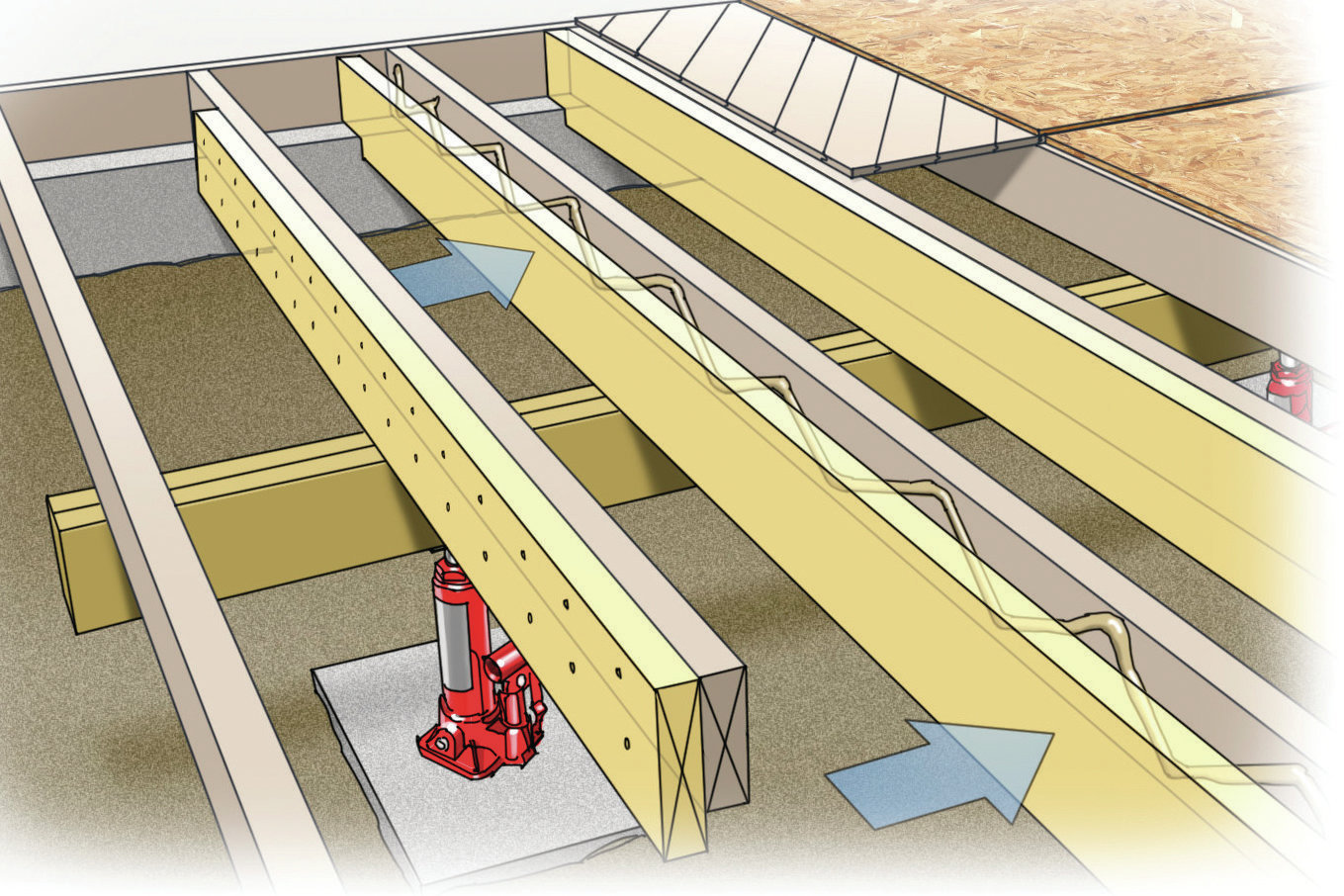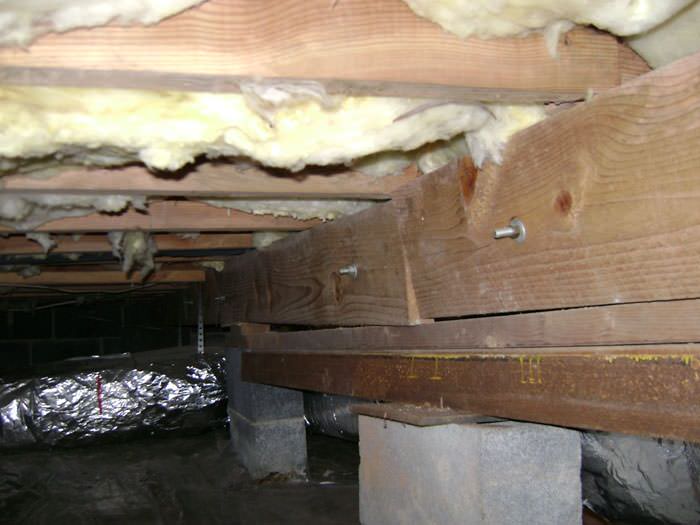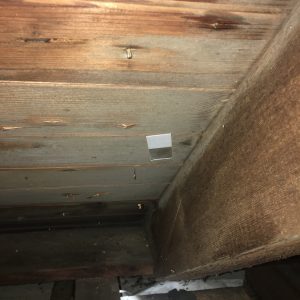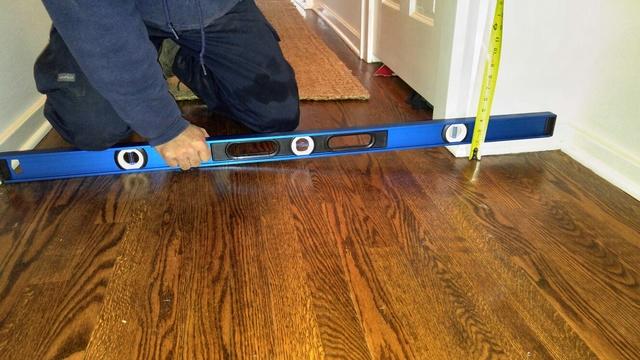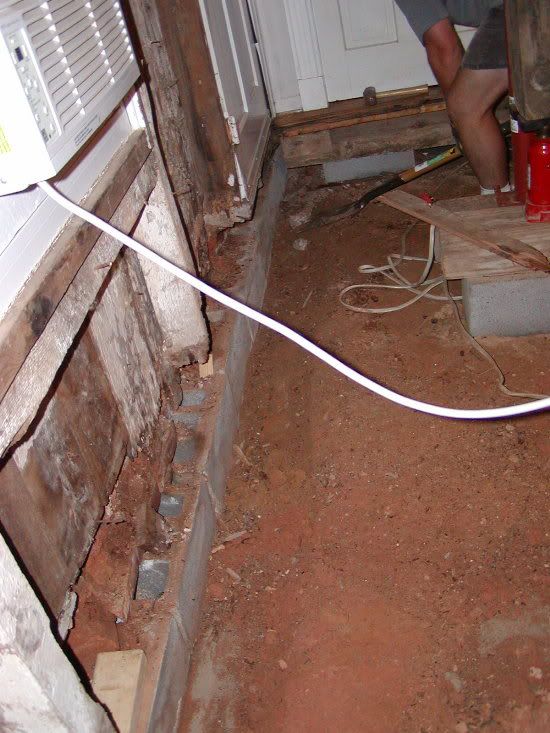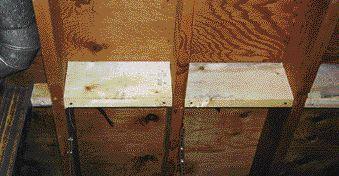Shore Up Floor Joists
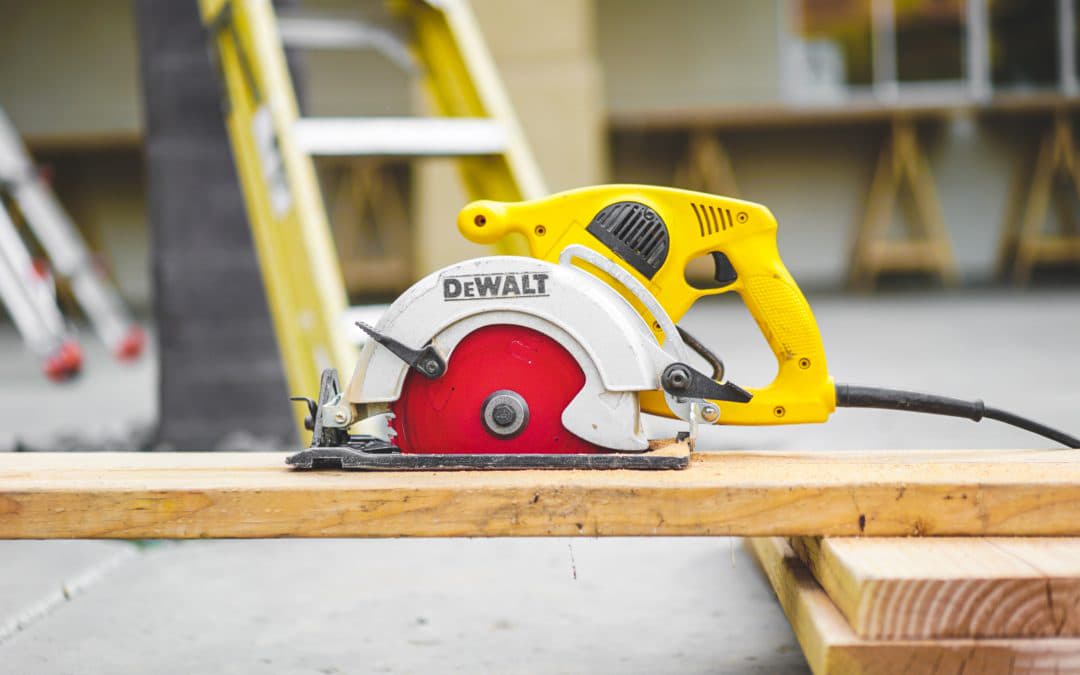
If the floor joists are conventional lumber they.
Shore up floor joists. You may need to add some blocking to the floor joists to distribute the load. Sistering the joists is one of the ways to stiffen the floor and will make a big difference. A day until they re level. Floor joists are usually set either 16 or 24 inches on center.
They are made from metal and have an adjustable screw top that can be raised to fit the space between the floor and ceiling of the basement. These adjustable posts can be used to shore up a sagging floor or even raise the floor if need be. You should use a termite shield between the. Tack a beam under the sagging joists.
There is no chance adding about 6 or 7 sister joint add too much weight to the center column is there. But 36 inches on center is ok with a subfloor of 1 1 2 inch tongue and groove boards. Place blocks on your footing and pier up to the bottom of your framing. You can shore up floor joists and reduce the bounce in a number of ways but the six methods outlined here represent a mix of common and not so common solutions.
But if couple of joists shore things up why not throw in a couple more. This type of repair may require a building permit and usually requires extensive. It is 4 2x10 s supported by the cinder block and 2 metal poles 7 feet apart. Usually wooden floor joists are 2 x8 2 x10 or 2 x12 timbers their size depends on their length the amount of load they re designed to carry and the building codes in effect when the house was constructed.
Joists carry the weight of walls furniture people appliances and anything else placed on the flooring they support. Nailing two 2x4s together will work to span about three joists unless the sag is under a weight bearing wall. For more serious weaknesses you may need to shore up the floor joist structure with a cross beam and lally posts. One technique or a combination may be your most practical solution.
Set a hydraulic jack and post under the beam and jack up the joists about 1 8 in. Typically the posts are eight foot adjustable devices that can be placed under a sagging beam or floor joist. You said truss a few times and the two are not the same. The best choice depends on access to the joists obstructions in the floor system or current remodeling plans.
Another way is to build a supporting wall under the room near the center of the span.
